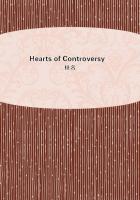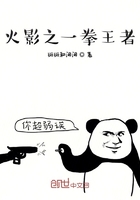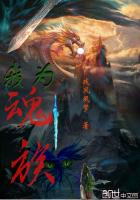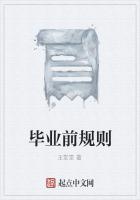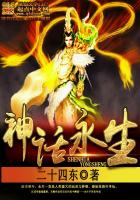The Departure
THE sudden death of so prominent a member of the social world as the Honorable Judge Jaffrey Pyncheon created a sensation (at least, in the circles more immediately connected with the deceased) which had hardly quite subsided in a fortnight.
It may be remarked, however, that, of all the events which constitute a person's biography, there is scarcely one--none, certainly, of anything like a similar importance--to which the world so easily reconciles itself as to his death. In most other cases and contingencies, the individual is present among us, mixed up with the daily revolution of affairs, and affording a definite point for observation. At his decease, there is only a vacancy, and a momentary eddy,--very small, as compared with the apparent magnitude of the ingurgitated object,--and a bubble or two, ascending out of the black depth and bursting at the surface. As regarded Judge Pyncheon, it seemed probable, at first blush, that the mode of his final departure might give him a larger and longer posthumous vogue than ordinarily attends the memory of a distinguished man. But when it came to be understood, on the highest professional authority, that the event was a natural, and--except for some unimportant particulars, denoting a slight idiosyncrasy--by no means an unusual form of death, the public, with its customary alacrity, proceeded to forget that he had ever lived. In short, the honorable Judge was beginning to be a stale subject before half the country newspapers had found time to put their columns in mourning, and publish his exceedingly eulogistic obituary.
Nevertheless, creeping darkly through the places which this excellent person had haunted in his lifetime, there was a hidden stream of private talk, such as it would have shocked all decency to speak loudly at the street-corners. It is very singular, how the fact of a man's death often seems to give people a truer idea of his character, whether for good or evil, than they have ever possessed while he was living and acting among them. Death is so genuine a fact that it excludes falsehood, or betrays its emptiness; it is a touchstone that proves the gold, and dishonors the baser metal. Could the departed, whoever he may be, return in a week after his decease, he would almost invariably find himself at a higher or lower point than he had formerly occupied, on the scale of public appreciation. But the talk, or scandal, to which we now allude, had reference to matters of no less old a date than the supposed murder, thirty or forty years ago, of the late Judge Pyncheon's uncle. The medical opinion with regard to his own recent and regretted decease had almost entirely obviated the idea that a murder was committed in the former case. Yet, as the record showed, there were circumstances irrefragably indicating that some person had gained access to old Jaffrey Pyncheon's private apartments, at or near the moment of his death. His desk and private drawers, in a room contiguous to his bedchamber, had been ransacked; money and valuable articles were missing; there was a bloody hand-print on the old man's linen; and, by a powerfully welded chain of deductive evidence, the guilt of the robbery and apparent murder had been fixed on Clifford, then residing with his uncle in the House of the Seven Gables.
Whencesoever originating, there now arose a theory that undertook so to account for these circumstances as to exclude the idea of Clifford's agency. Many persons affirmed that the history and elucidation of the facts, long so mysterious, had been obtained by the daguerreotypist from one of those mesmerical seers who, nowadays, so strangely perplex the aspect of human affairs, and put everybody's natural vision to the blush, by the marvels which they see with their eyes shut.
According to this version of the story, Judge Pyncheon, exemplary as we have portrayed him in our narrative, was, in his youth, an apparently irreclaimable scapegrace. The brutish, the animal instincts, as is often the case, had been developed earlier than the intellectual qualities, and the force of character, for which he was afterwards remarkable. He had shown himself wild, dissipated, addicted to low pleasures, little short of ruffianly in his propensities, and recklessly expensive, with no other resources than the bounty of his uncle. This course of conduct had alienated the old bachelor's affection, once strongly fixed upon him. Now it is averred,--but whether on authority available in a court of justice, we do not pretend to have investigated,--that the young man was tempted by the devil, one night, to search his uncle's private drawers, to which he had unsuspected means of access. While thus criminally occupied, he was startled by the opening of the chamber-door. There stood old Jaffrey Pyncheon, in his nightclothes! The surprise of such a discovery, his agitation, alarm, and horror, brought on the crisis of a disorder to which the old bachelor had an hereditary liability; he seemed to choke with blood, and fell upon the floor, striking his temple a heavy blow against the corner of a table. What was to be done? The old man was surely dead! Assistance would come too late! What a misfortune, indeed, should it come too soon, since his reviving consciousness would bring the recollection of the ignominious offence which he had beheld his nephew in the very act of committing!





